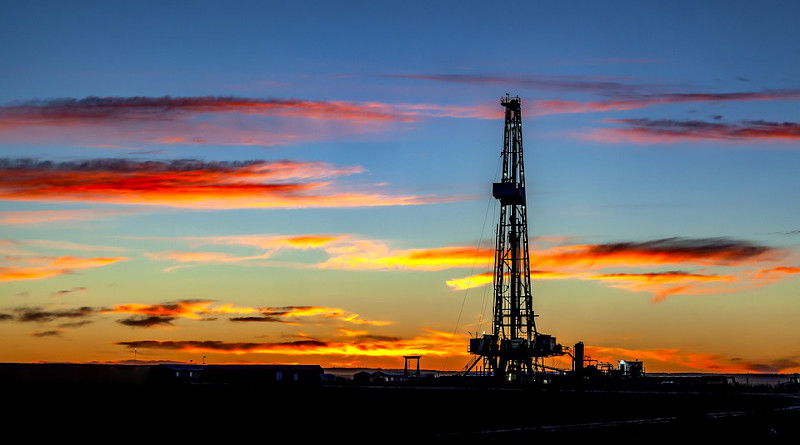OPEC+ JMMC Compliance May Be Good, But Markets Only Held Because Of Saudi Cuts – OpEd
By Arab News
By Cornelia Meyer*
It is that time of the month: OPEC+ (an alliance between OPEC and 10 nations led by Russia) is set to hold its monthly Joint Ministerial Monitoring Committee (JMMC) meeting where ministers led by Saudi Energy Minister Prince Abdul Aziz bin Salman and Russia’s Deputy Prime Minister Alexander Novak monitor compliance with the organization’s production regime.
The outcome is expected to be positive — a compliance of about 99 percent for the group — or thereabouts. In January, compliance for the group stood above 100 percent.
This really matters because the demand picture is sluggish. Europe and the US are in the grip of the coronavirus pandemic. Even Asia, where things had looked upbeat until the beginning of the year, has been hit by the virus again. Japan tightened restrictions and China had selected lockdowns — this during the peak travel season of the Chinese lunar new year. According to Bloomberg, January flight numbers in China were around half of where they were in December.
Globally, commercial flights are below 60 percent of 2019 levels. Other high-frequency numbers also suggest a marked slowdown in China and across the globe. People are using their cars less. Beijing serves as a good example as traffic jams are all but gone. The country’s manufacturing purchasing managers index also missed expectations.
This matters, because until December the going wisdom was that the coronavirus economic recovery was bifurcated — Asia led with China doing a lot better than countries west of Suez. China is extremely important to oil, because it is the largest importer of crude. Any downturn in economic activity is felt commensurately.
Oil prices have fallen somewhat since restrictions were on the up. However, on Monday morning CET prices were still above $52 per barrel for WTI and above $55 for Brent. We have to thank Saudi Arabia for that.
When the going got tough during last week’s ministerial meeting of OPEC+, Saudi Arabia took decisive action: Russia and Kazakhstan insisted on tapering the historic 7.2 million barrels per day (bpd) production cuts according to schedule, but Saudi Arabia and others were concerned about how a new wave of coronavirus affected the demand picture.
In the end, Saudi Arabia announced that it would unilaterally cut 1 million bpd in February and March while everybody except for Russia and Kazakhstan held production flat. Prince Abdul Aziz bin Salman explained that Saudi Arabia saw itself as the guardian of the industry, and indeed in hindsight the Kingdom proved to be just that.
Amid sluggish demand only drastic action stood in the way of price deterioration. The International Energy Agency foresees a consumption overhang during the second half of 2021. Goldman Sachs even predicted an average 900,000 bpd deficit in the first half, compared with an earlier estimate of 500,000 bpd.
Still, at the end of the year, OECD stocks stood at 3.1 billion barrels or 166 million barrels above the five-year average, which is the metric OPEC uses to gauge the health of the oil market.
The commodity is in backwardation, indicating a bullish outlook, which is nice, but these are expectations of where the supply and demand balance will move going forward. In terms of rebalancing the market, what counts is the here and now, which is why Saudi Arabia’s voluntary cut is so important.
The decisive action also gives the Kingdom the moral authority to ask for compliance with production cuts and to encourage Iraq and Nigeria to compensate for previous overproduction, which they had promised time and time again.
Going forward, we hope that the bullish predictions of Goldman Sachs come true. However, between now and then there are still a few tough months ahead on the demand side. On the supply side, one should not forget that Libya, Iran and Venezuela are exempt from the production cuts. Libya has already surprised on the upside and one does not yet know what to expect from Iran, and to a lesser extent, Venezuela, as US foreign policy may change under the Biden administration — but that is further down the road.
In the meantime, OPEC+ was wise to adhere to the production cuts and Saudi Arabia proved farsighted with its generous, unilateral and one-time cuts.
• Cornelia Meyer is a Ph.D.-level economist with 30 years of experience in investment banking and industry. She is chairperson and CEO of business consultancy Meyer Resources. Twitter: @MeyerResources

